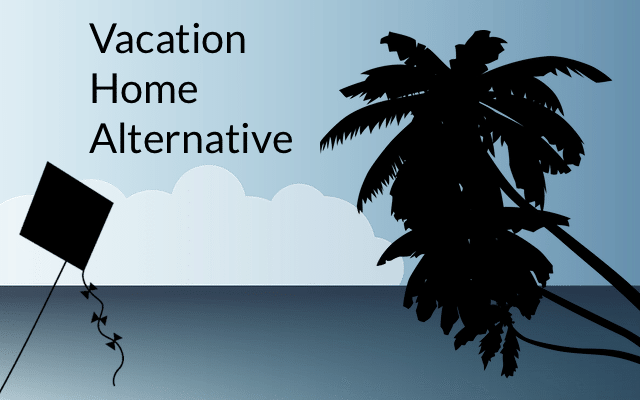So, imagine you’re a timeshare developer, and you’ve just built the most amazing, luxurious resort. Well, now you not only have to sell each unit, but you need to sell 51 weeks to keep each unit occupied throughout the year, and start making your money back.
Luckily, by splitting up the transactions, many more people can afford a slice of the pie, but how are you going to make all of those sales? What happens when you want to build your next resort? With modern developers, this is where the good old timeshare presentation comes in.
You see, timeshare developers need a constant stream of sales and thus, a constant stream of customers to sell to, and they know just how to capture a person’s attention: give them ‘lavish’ gifts and show them a life they wish they could live. Sounds pretty nice, huh?
So, hiring a crew of pushy salespeople and paying them large commissions to use high-pressure sales tactics to extract as many sales as they can is usually the developer’s only marketing strategy. But, since with this model, they’ve had to pay for expensive gifts or free trips for every person, whether they buy the timeshare or not, the cost of doing business is very high. In order to cover these massive marketing costs, the price of the ownership is inflated to much higher than the unit’s true value.
In 2010, Coca Cola spent about 2.9 billion dollars on their various marketing campaigns. Just for a second, imagine a world where you don’t see a Coke commercial all year long but you and everyone you know got a check for 9 dollars and 38 cents. Which would be the exact amount Coca Cola would send you, had they taken their advertising budget and just gifted it evenly across the American population at the time. Do you think that would motivate you to buy more Coke? Would it be more fair or effective to pay only those who actually buy Coke?
Either way, this is how it works in timeshare presentation land, the ones who buy shoulder the cost of it all. But the worst is that if they were to sell the ownership, they would never be able to recoup the full price they paid. So, why is it that people can easily accept their car isn’t worth what they bought it for 5 years ago, yet are shocked to find that the same ownership they just bought at a presentation is sold for much less on the resale market?









